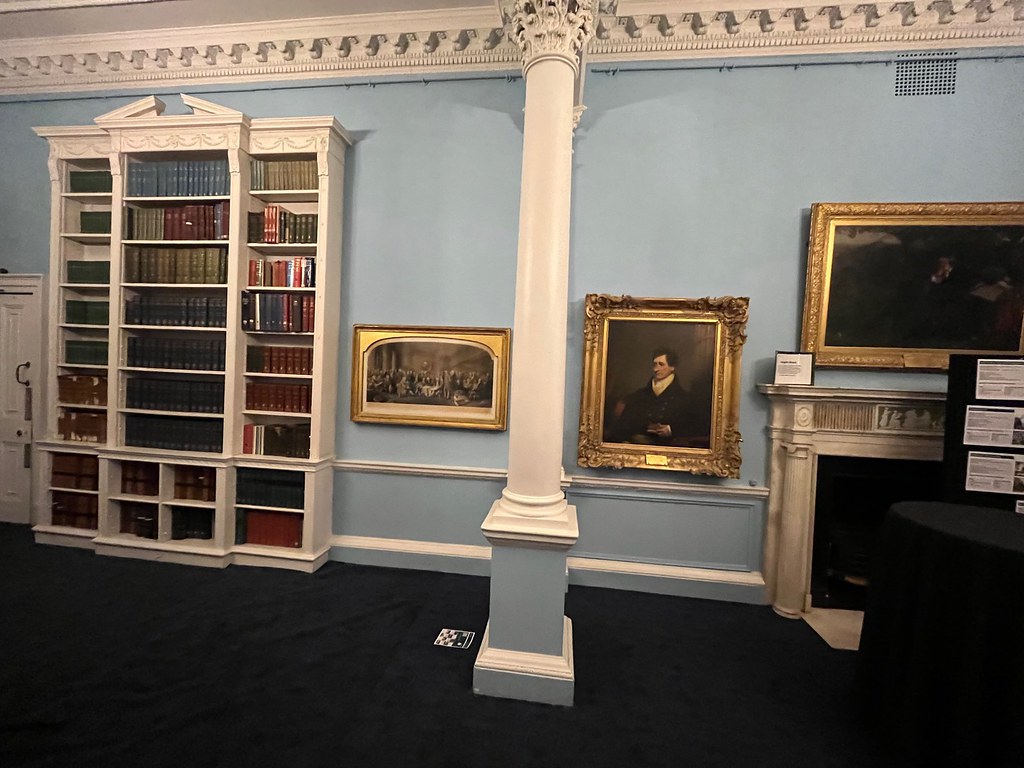In his Anniversary Day address to the Royal Society’s Fellowship last week, the President, Adrian Smith, drew attention to the state of our education system, recognizing that the Prime Minister’s intent to
“reform the education system to include some form of maths to 18 for all – [is] very much in line with the Society’s arguments for a broader school curriculum and in particular our work on rethinking what is needed for maths education.”
The so-called gold standard of A Levels in England is out of line with our competitor nations in terms of its breadth of disciplinary coverage, and the ability to drop out of any sort of mathematics education post-16 does not provide a sound base for an extremely large number of jobs, including many far away from the STEM sector itself. He went on to say
“It is also crucial to ensure that people of all ages can develop the broader range of skills – both technical and academic – they will need for the well-paid jobs of the future and to be an active participant in a life that is ever more shaped by science and technology.”
It is all too easy for academic scientists to overlook the contributions made by members of their team or department who don’t have PhDs, nor even first degrees, but who make the whole operation run smoothly, be it in their research laboratories, workshops or teaching laboratories. For this reason, Kelly Vere’s work at Nottingham leading on the Talent Commission, and their work on raising the profile of technicians in the university workplace, is hugely important. But one also has to consider wider issues. Many of the technicians who contribute to innovation and raising levels of productivity will be working in industry, in both small and multinational companies. Many of them may not have followed the linear pipeline of A Levels to university before entering the workforce.
Some of them will have chosen apprenticeships, some will have taken vocational routes into employment, perhaps via BTECs or the more recent (and not altogether successful) T Levels. However, it appears Rishi Sunak now intends to ditch these latter, before their roll-out has even been completed, in favour of the projected amorphous qualification he is calling the Advanced British Standard, even though he has no jurisdiction over the devolved nations’ education system.
Philip Augar, in his 2019 report, had a lot to say about post-18 education, remarking
“But what of the neglected, the 50 per cent of the 18-30 year-old population who do not go to university, and older non-graduates?”
As he said of Further Education Colleges over the years,
“despite widespread acknowledgement that this sector is crucial to the country’s economic success, nothing much has happened except for a steep, steady decline in funding.”
He laid out a number of recommendations, in particular around this fundamental issues of funding, which have fallen on stony government ground. In their long-delayed response, the government had little to say about this issue.
Now, in a recent HEPI report, London South Bank University Vice Chancellor Dave Phoenix takes a further look at what happens in Further Education and other parts of the education system post-16. He identifies many problems, including the fact that the current system of incentives and distribution of cash encourages competition between different parts of the ecosystem, to the detriment of all of it. And, of course, to the detriment of the individual students (as well as employers), who are faced with a confusing landscape of choice and a lack of coherent advice to help them negotiate the maze that faces them while they try to find a satisfactory career path.
With central money in short supply, this competition between different parts of the sector – further education colleges, sixth forms being rapidly added on to secondary schools and universities offering more Level 3 courses – is wasteful. Class sizes diminish, which will only get worse with the changing demographics going forward, and become uneconomic to run and so are terminated. Teachers across the board (at least in subjects like my own of Physics, plus Maths, Computing etc as well as languages) are in short supply and FE Colleges pay worse than other parts of the sector making jobs there even less attractive. We do not have a working system, yet this is a crucial training for parts of the future workforce.
Industry itself has a key role to play, since exposing children early on to what sorts of roles are out there may help them to understand what qualifications they should aspire to. Careers programmes in schools are too often woeful – again due to both a lack of money and qualified professionals – but, as the Gatsby Benchmarks make clear, employers and employees need to get into schools to help provide a rounded view of what skills lead where.
Finally, remembering the Government’s much vaunted pledge to level up, where there is most disadvantage the outcomes are worst. For the most deprived quintile, 53% of young adults have only achieved Level 2 qualifications (or worse), compared with 19% of those from the least deprived quintile, of whom 49% go to university. For schools with the highest number of Free School Meals pupils, 60% of teaching hours are taught by someone without relevant maths/science degree; it’s not surprising that such schools have worse outcomes than for those with the lowest proportion where (and this is still bad) the figure is just over 40%. Children are being deprived of life-chances because of our failing system. The country is losing out on potential talent, productivity gains from having the workforce we need to deliver in the right place and with the right skills, and hence overall economic benefit.
We have an education system post-16 that fails at every level, that is inefficient, not least because of damaging internal competition, and with insufficient numbers of subject-specialist teachers who are themselves inadequately recompensed.



